Alonda Williams began her professional journey in the tech world at Microsoft, but her career soon took a dramatic turn toward a mission-driven path. Today, as president and CEO of Big Brothers Big Sisters of Puget Sound (BBBS), she is committed to helping vulnerable youth realize their full potential. With more than 400 children currently on a waitlist for a mentor, Williams says her work is both urgent and deeply personal.
A Career Shift with Purpose
Williams recalls that while her time at Microsoft taught her valuable skills, she longed for a career with a more human impact.
“Certainly, at Microsoft, I learned a ton, but I just felt like I wanted to do something that mattered beyond a balance sheet,” Williams said. “Impacting people and not just profit … that is what brought me into the nonprofit space. I was a mentor in this program when I graduated from college, and I was impacted by my mentor my whole life.”
Now in her fourth year leading BBBS of Puget Sound, she says the organization’s mission continues to inspire her daily. Research backs up her commitment: a Harvard University and Department of Commerce study found that youth who are mentored earn nearly 15% more than their non-mentored peers.
Meeting Local Needs with Representation
While BBBS is a nationwide network, Williams emphasizes that the Puget Sound chapter tailors its services to the region’s unique needs, particularly for communities of color and historically marginalized youth.
“We hire staff who represent the community and have similar life experiences to those they mentor,” Williams said. “We’re also embedded in schools, working closely with educators to respond to what students actually need.”
Data-Driven Mentorship with a Proven Model
Williams believes BBBS’s longevity and national support structure give it a competitive edge.
“We are very data-driven … we’ve had the time to perfect and study what works,” she said. “From mentor support to staff training, we have evidence to back our methods.”
This structure ensures safety, consistent support, and long-term positive outcomes for the children they serve.
Challenges in Funding and Mentor Recruitment
Like many nonprofits, BBBS faces funding cuts and recruitment shortfalls. State budget reductions have hit the organization hard, and the mentor shortage means hundreds of children are waiting for matches.
“People think it takes a huge time commitment, but it’s really two to four hours a month,” Williams explained. “We especially need more male mentors, particularly men of color, as positive role models.”
She stresses that there is no “perfect” mentor — what matters most is presence and consistency. “A lot of our kids have experienced trauma. We don’t want to add to that by making them feel abandoned,” she said.
Preparing Youth for the Future
Looking ahead, Williams wants to ensure BBBS is preparing young people for careers of the future.
“Mentoring can unlock social capital,” she said. “When kids connect with mentors in certain careers, it often shapes their own career paths. The ripple effect is real.”
Her vision for the next decade is to equip youth to be future-ready, combining guidance, opportunity, and inspiration to break cycles of disadvantage — and to prove the life-changing power of mentorship.

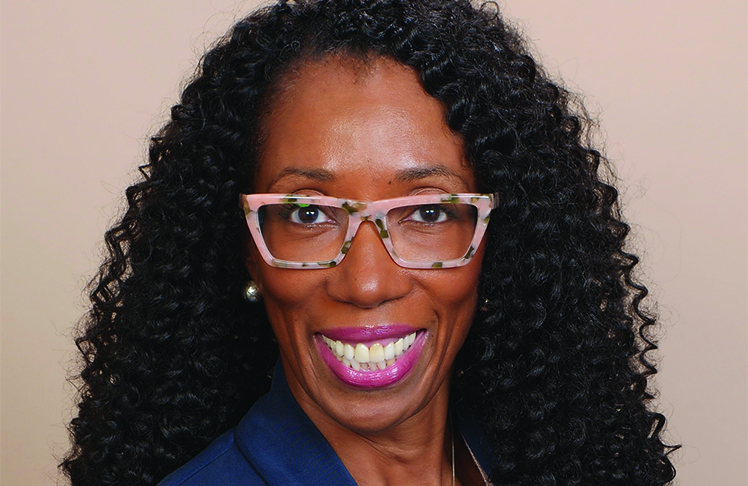
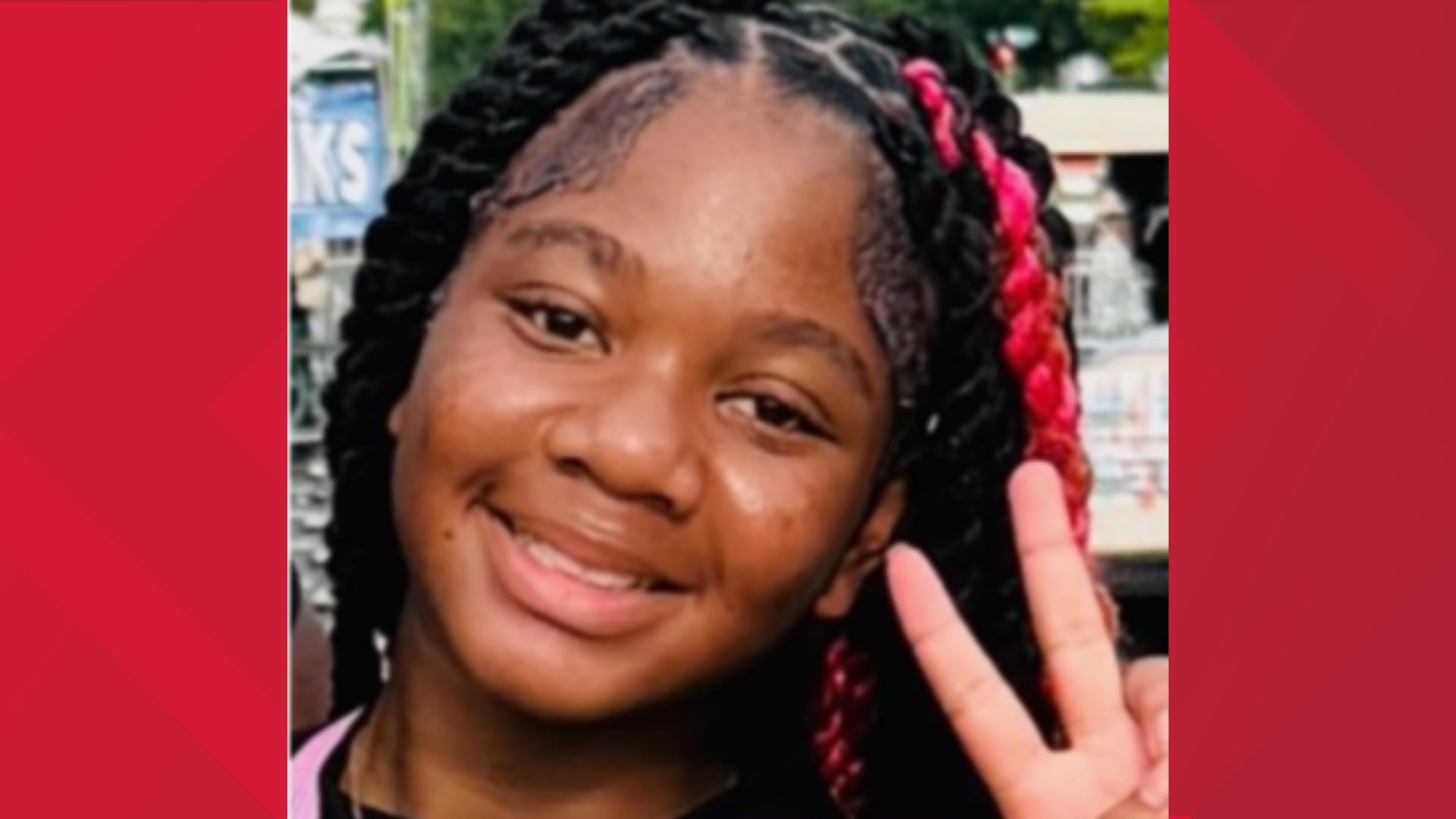
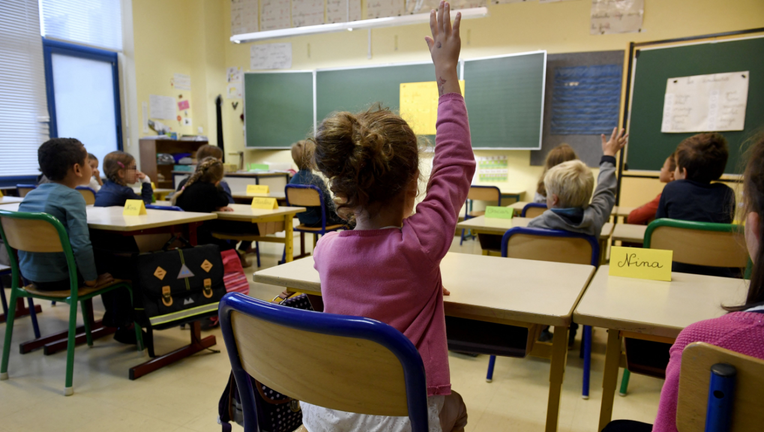

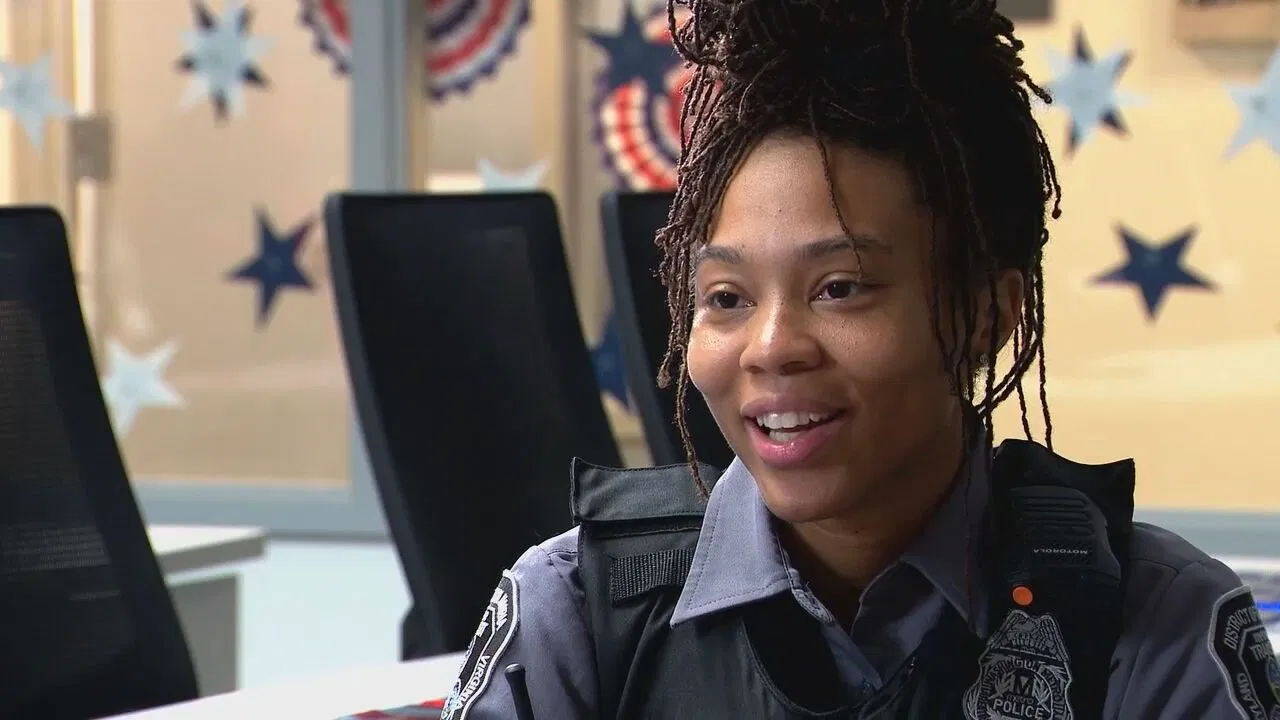

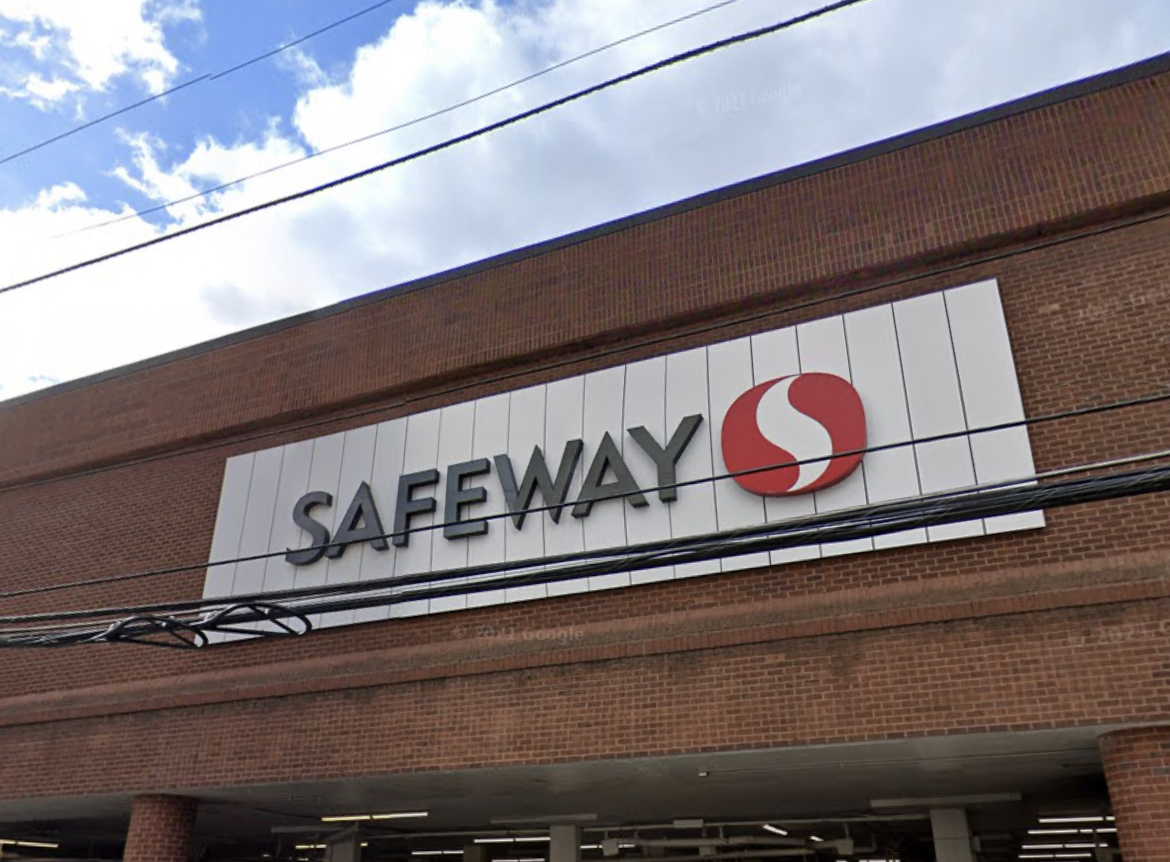
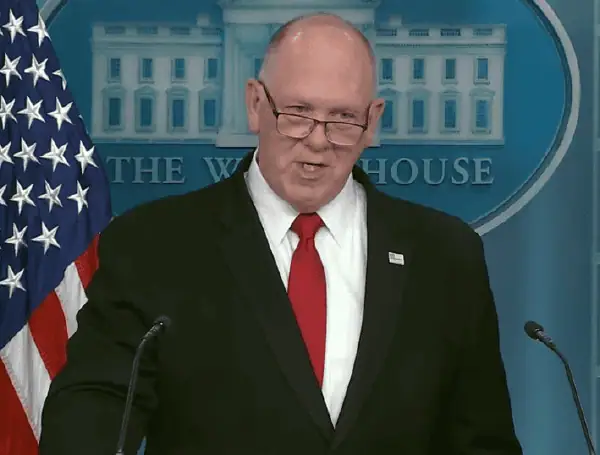
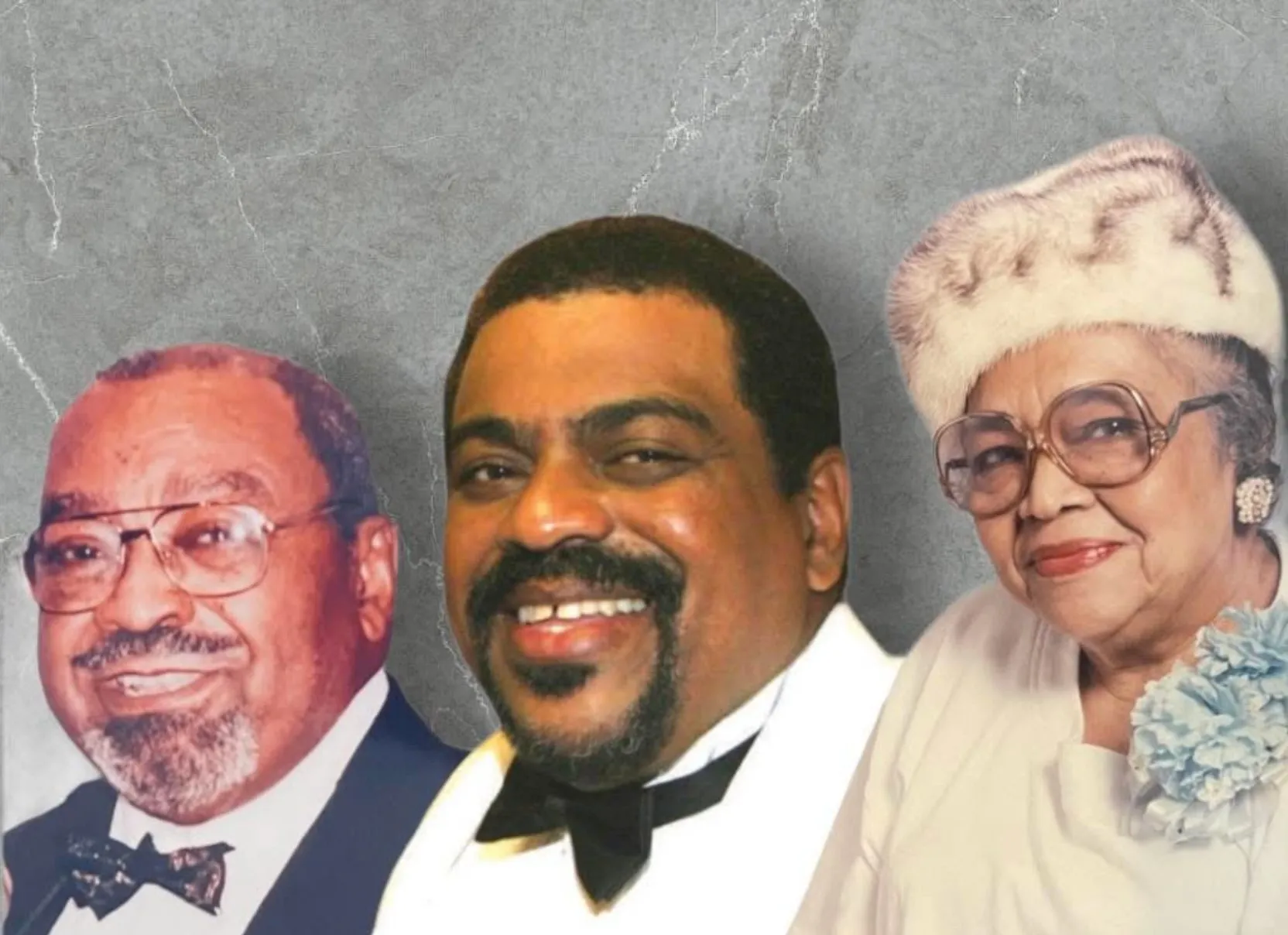

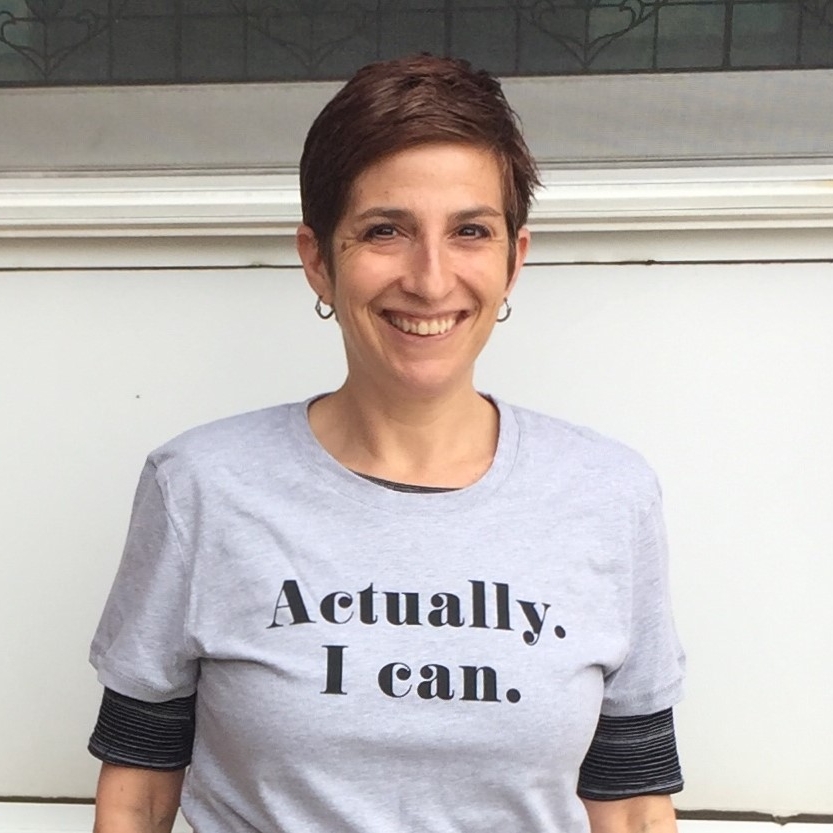


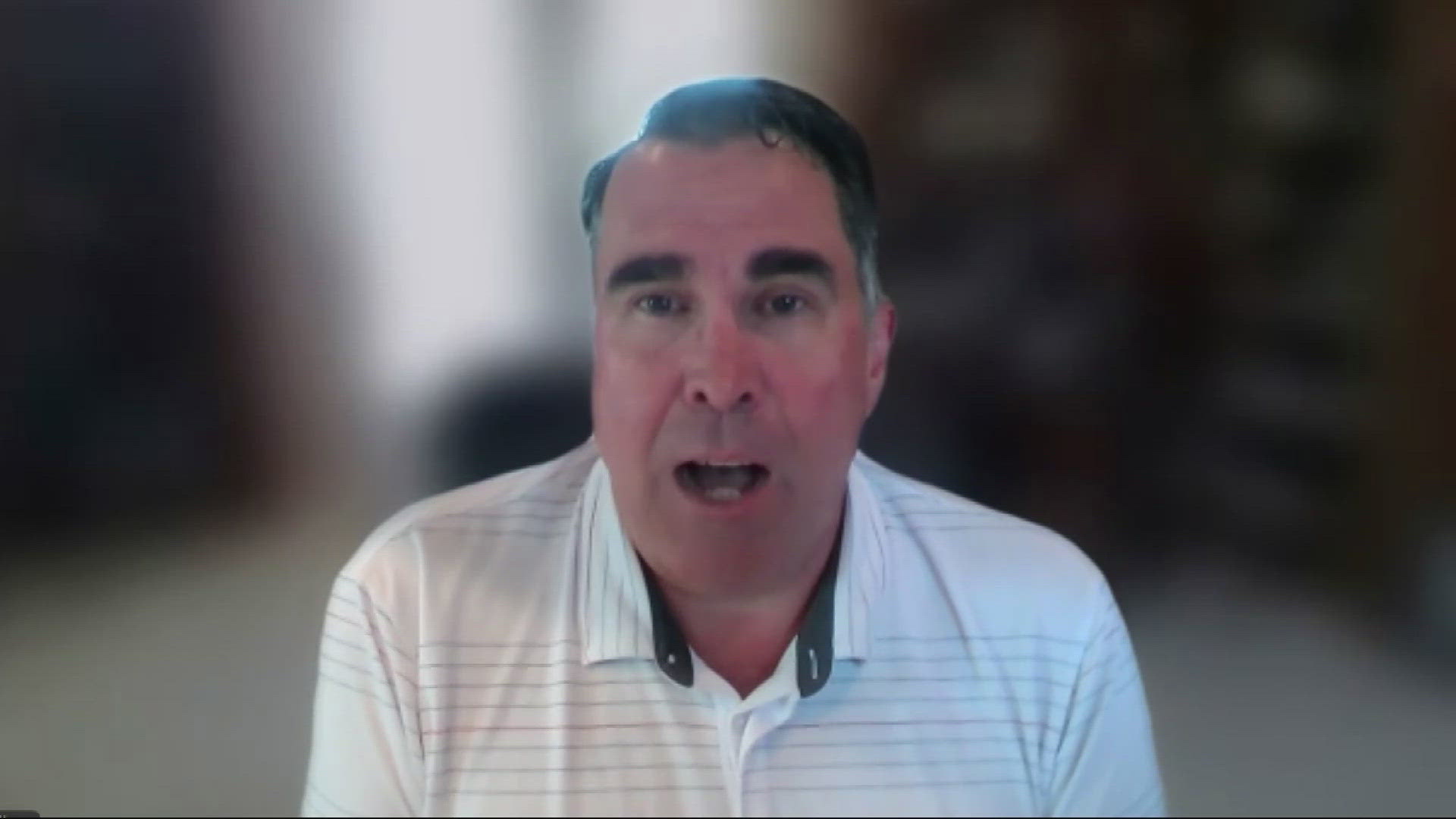
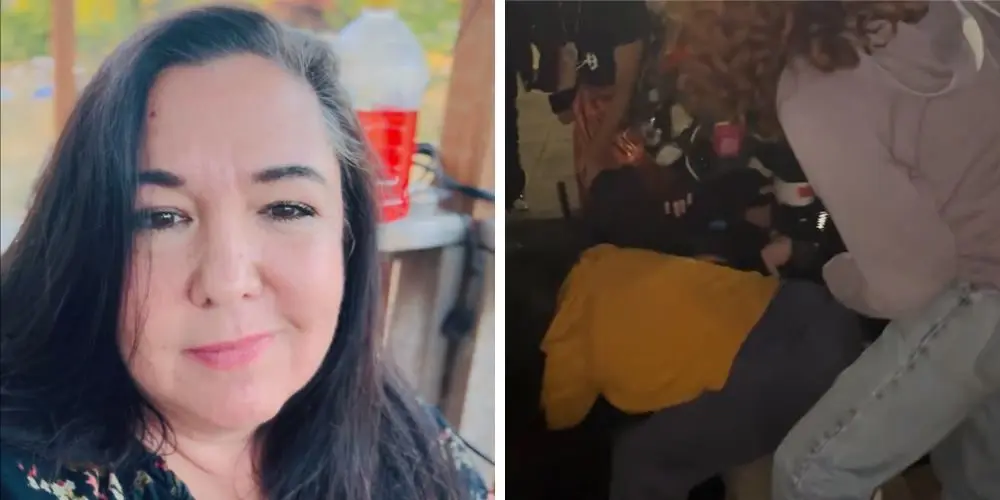
Leave a Reply